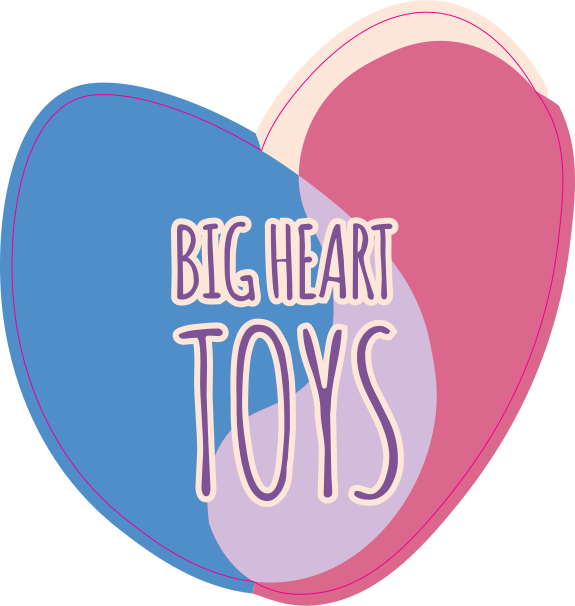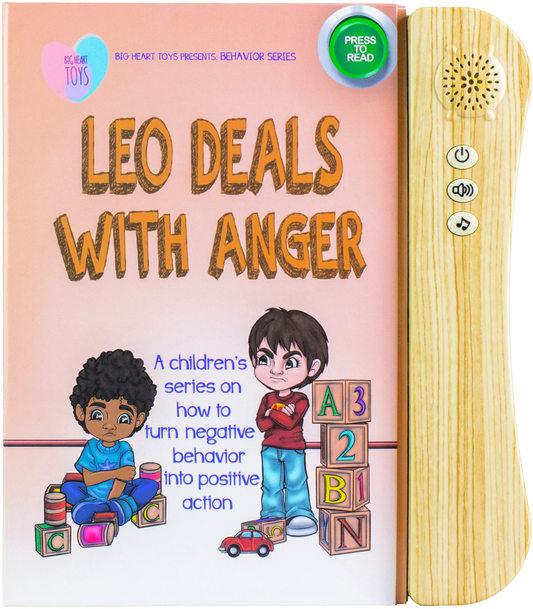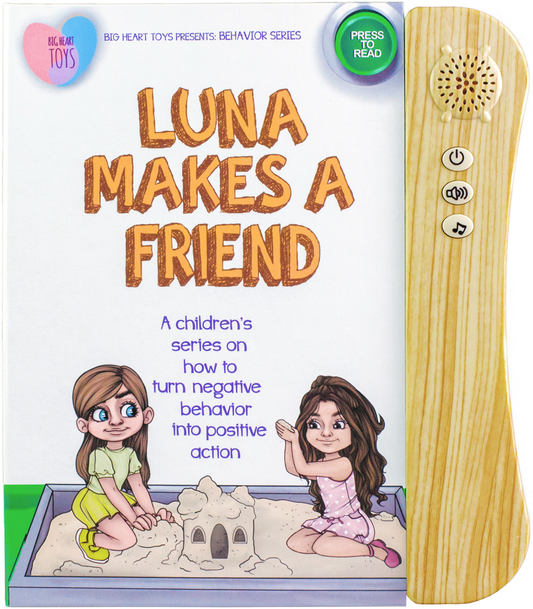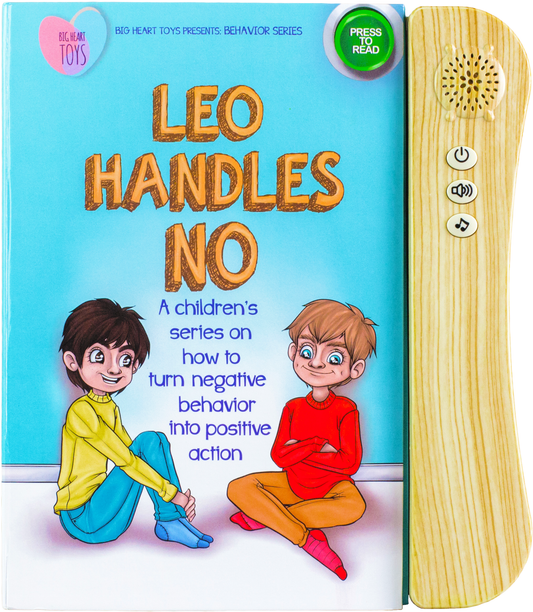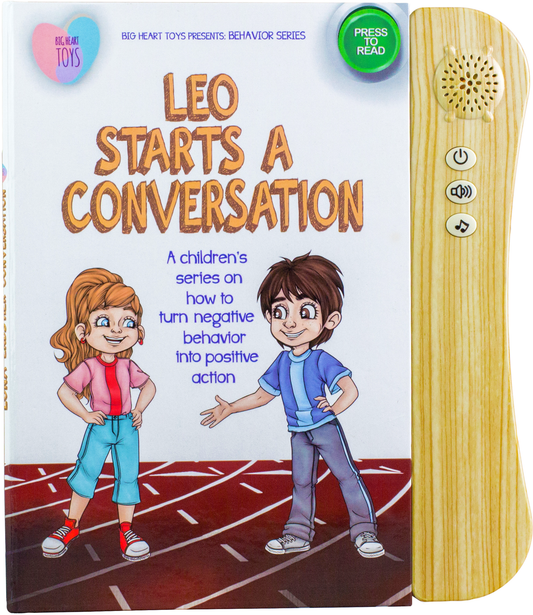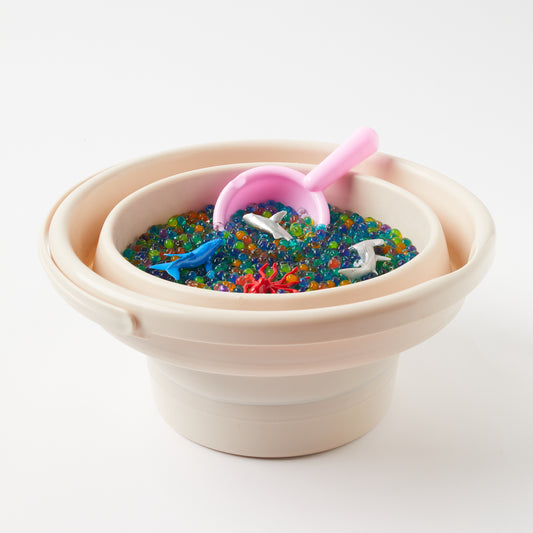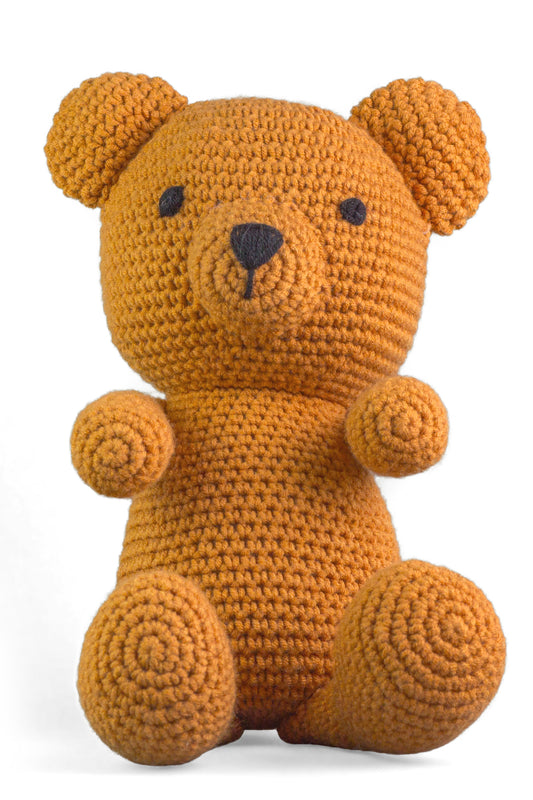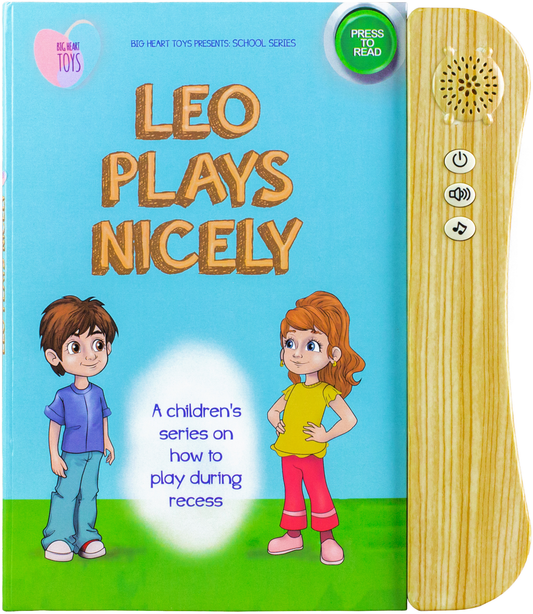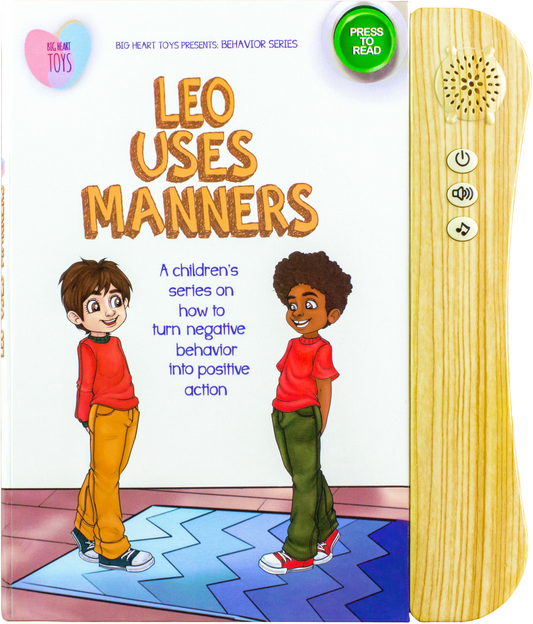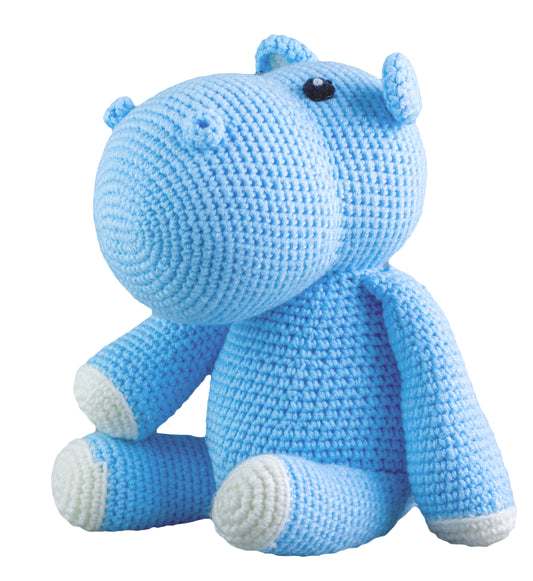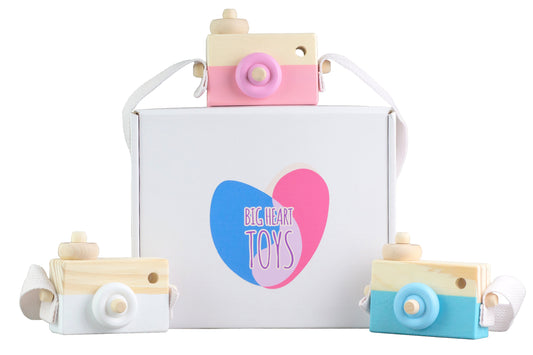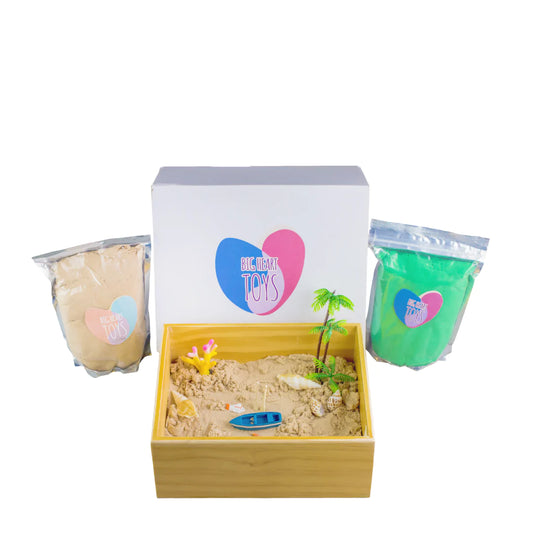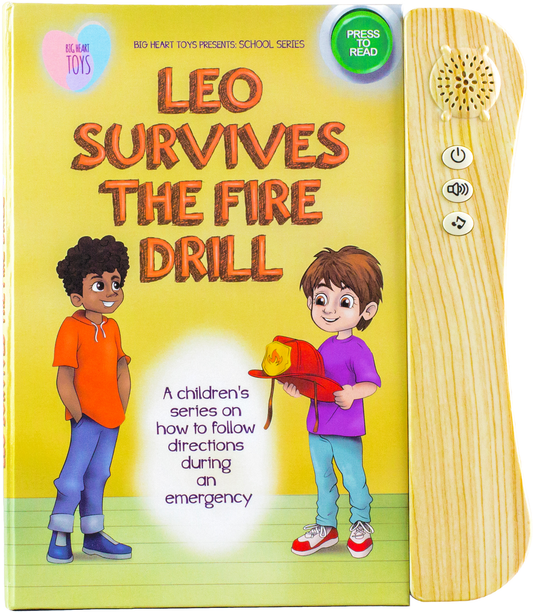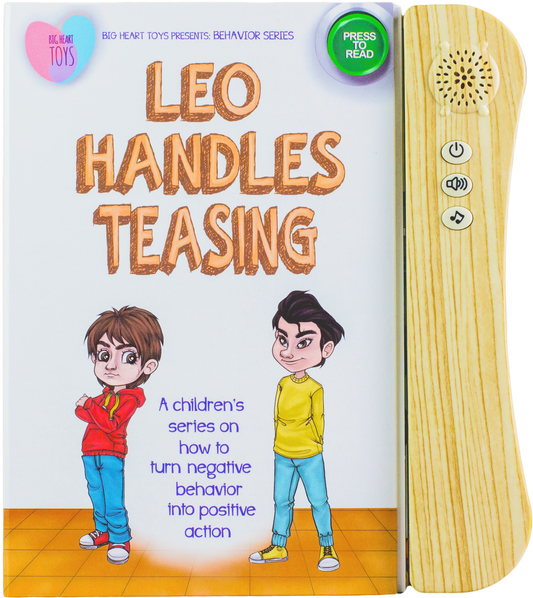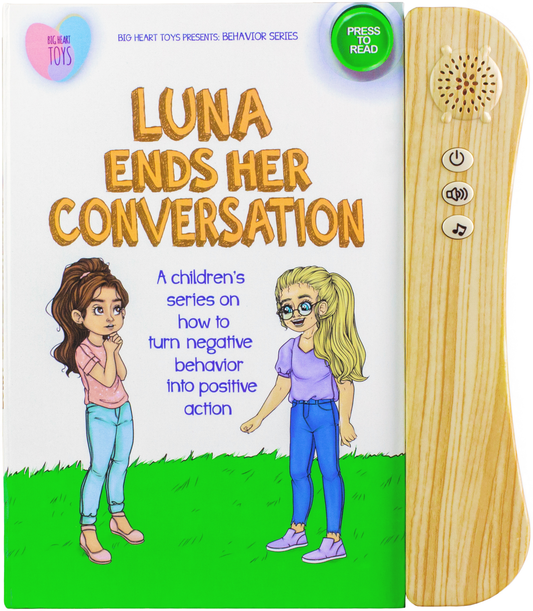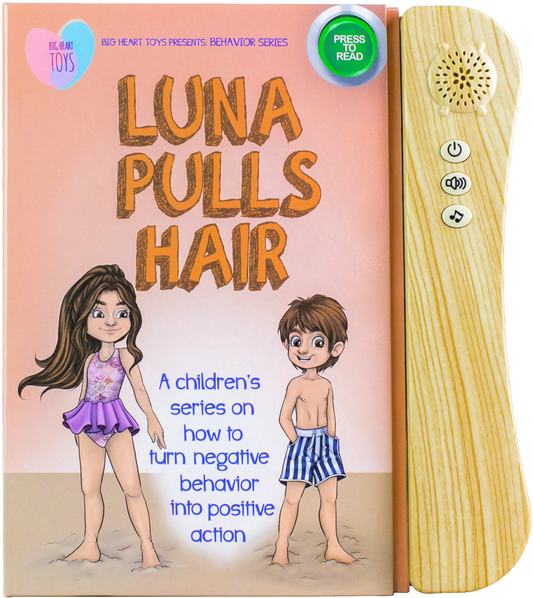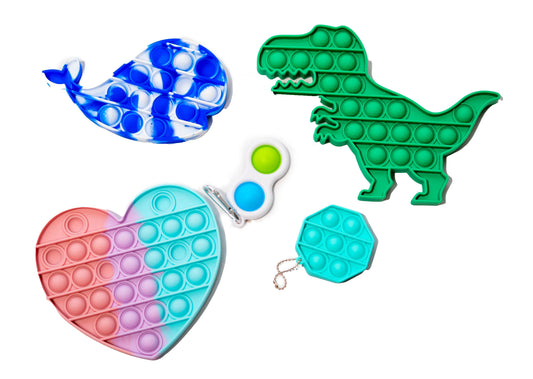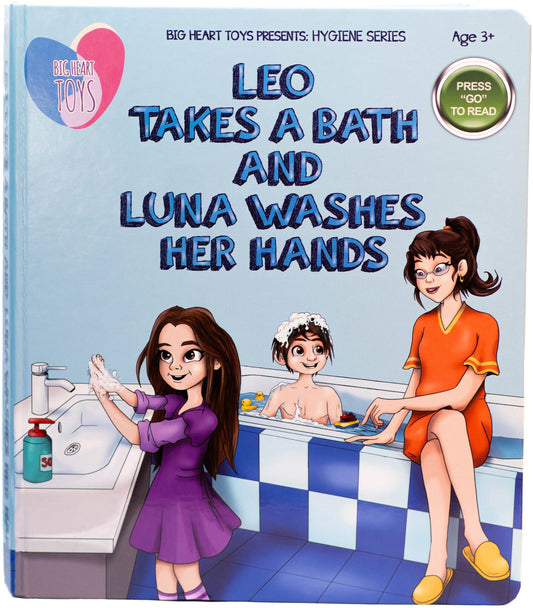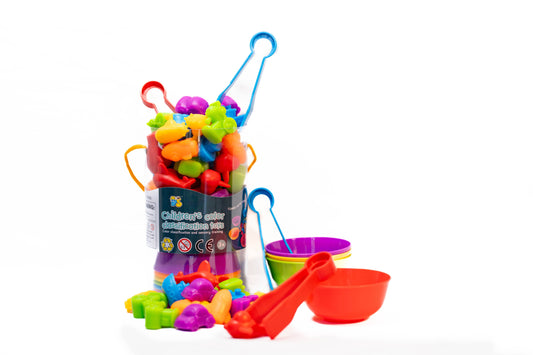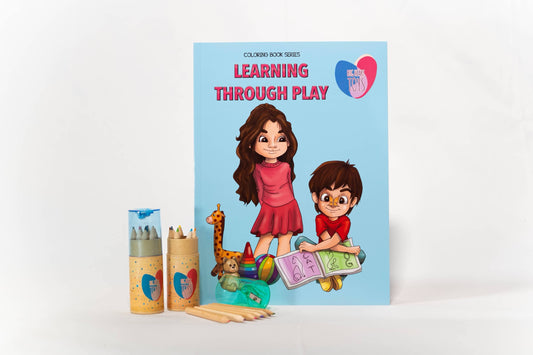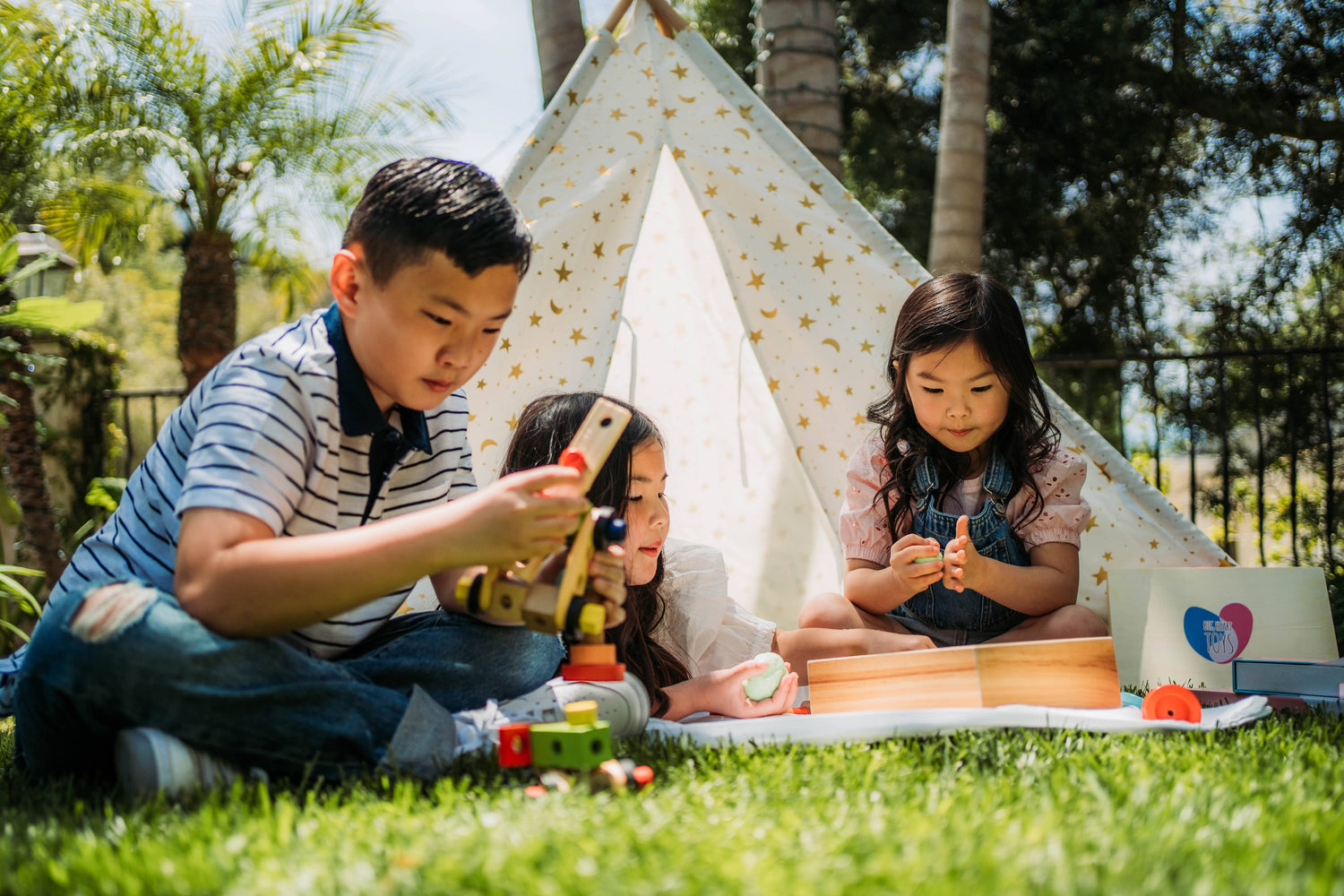
All Products
At Big Heart Toys, we are dedicated to creating toys specifically designed to support the unique developmental needs of neurodivergent children. Nurturing their neurological, cognitive, emotional, and motor growth is so important, which is why we strive to empower neurodivergent children on their journey of growth and discovery.
Explore our variety of books and toys below to learn more about the unique ways in which they help your child learn and grow in a way that works for them.
-
Weighted Gel Maze
Regular price $24.95Regular priceUnit price per -
Leo Deals With Anger
Regular price $18.95Regular priceUnit price per -
Luna Makes A Friend
Regular price $18.95Regular priceUnit price per -
Leo Handles No
Regular price $18.95Regular priceUnit price per -
Leo Starts a Conversation
Regular price $18.95Regular priceUnit price per -
Collapsible Ocean Sensory Bin
Regular price $24.95Regular priceUnit price per$24.95Sale price $24.95 -
Teddy Bear crochet
Regular price $28.95Regular priceUnit price per -
Leo Plays Nicely
Regular price $18.95Regular priceUnit price per -
Leo Uses Manners
Regular price $18.95Regular priceUnit price per -
Hippo crochet
Regular price $28.95Regular priceUnit price per -
Big Heart Mini Camera Toy
Regular price $8.95Regular priceUnit price per$12.99Sale price $8.95Sale -
Sale
-
Leo Survives The Fire Drill
Regular price $18.95Regular priceUnit price per -
Leo Handles Teasing
Regular price $18.95Regular priceUnit price per -
Luna Ends Her Conversation
Regular price $18.95Regular priceUnit price per -
Luna Pulls Hair
Regular price $18.95Regular priceUnit price per -
Fidget and Pop Toys Kit
Regular price $16.95Regular priceUnit price per$20.99Sale price $16.95Sale -
Leo Takes a Bath and Luna Washes Her Hands
Regular price $25.00Regular priceUnit price per -
3D Building Blocks
Regular price $14.95Regular priceUnit price per -
Color Matching Game
Regular price $9.95Regular priceUnit price per -
Learning Through Play Coloring Book
Regular price $9.95Regular priceUnit price per
